Dawn Aerospace Mk-II Aurora spaceplane completed five test flights.
Dawn Aerospace, a New Zealand-Dutch space transportation company, has conducted five flights of the company’s Mk-II Aurora suborbital spaceplane. The flights were to assess the airframe and avionics of the vehicle, and were conducted using surrogate jet engines.
The campaign was run from Glentanner Aerodrome in New Zealand’s South Island. Taxi testing commenced in early July and five flights occurred between the 28th and 30th of July, reaching altitudes of 3,400 feet.
Dawn is creating reusable and sustainable space technologies – suborbital and orbital rocket-powered planes – that operate much like a fleet of aircraft, taking off and landing horizontally at airports.
Mk-II is a suborbital plane designed to fly 100 km above the Earth, and aims to be the first vehicle to access space multiple times per day. The vehicle serves as a technology demonstrator for the two-stage-to-orbit-vehicle, the Mk-III. Mk-II will also be used to capture atmospheric data used for weather and climate modelling, and to conduct scientific research and technology demonstrations.
“Dawn is focussed on sustainable and scalable access to space and our Mk-II vehicle is entirely reusable,” said Stefan Powell, CEO. “The team have successfully captured extensive data enabling further R&D on the capability of Mk-II. I’m hugely proud of our engineering team for designing and building a vehicle that flies beautifully first time and just as predicted. We are delighted with the results and demonstrating rapid turnaround – we conducted five flights within three days, and two flights occurred within ninety minutes of each other.”
source Dawn Aerospace

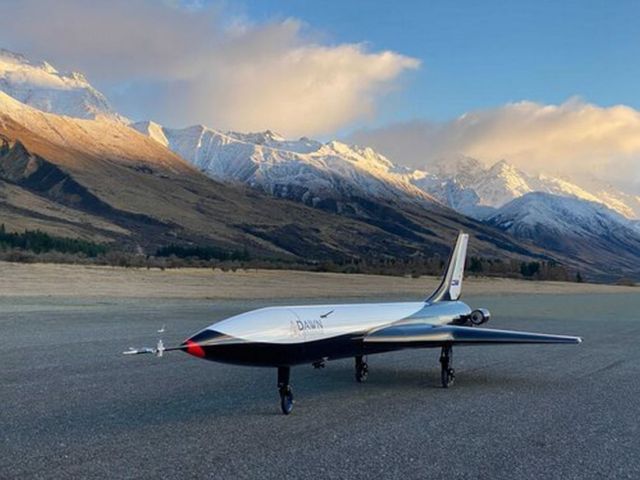
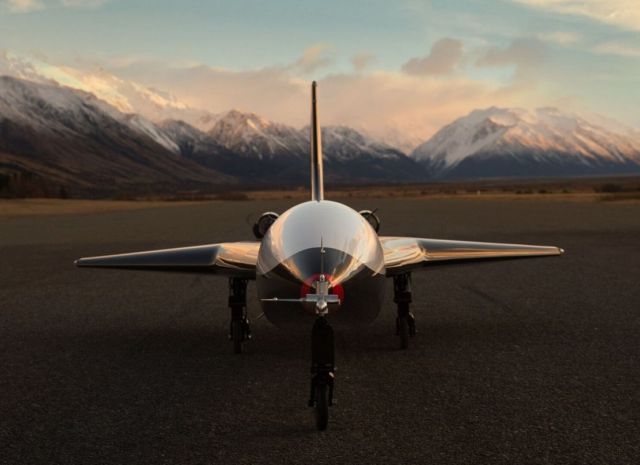
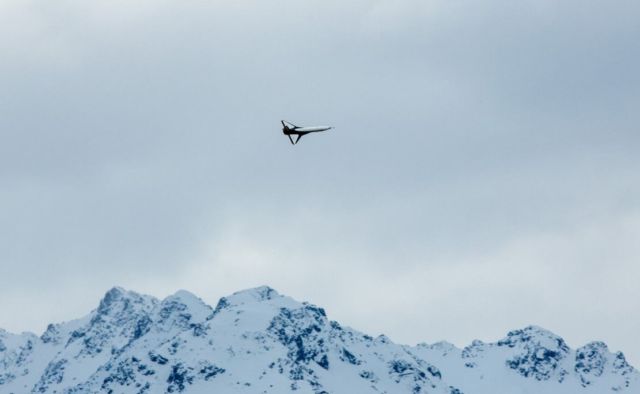
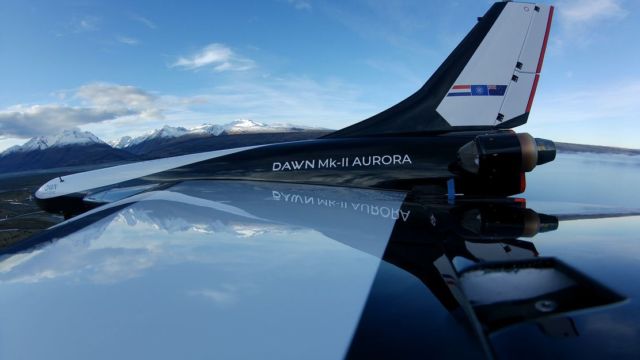
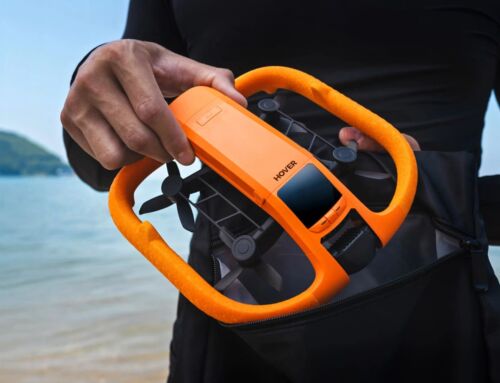

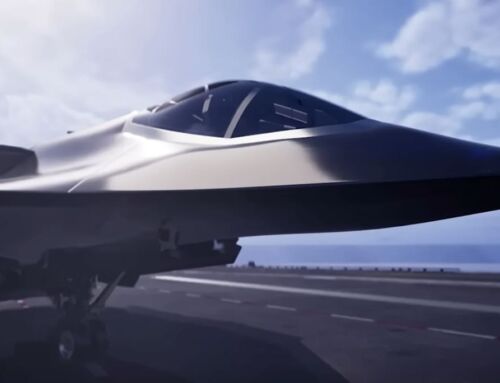
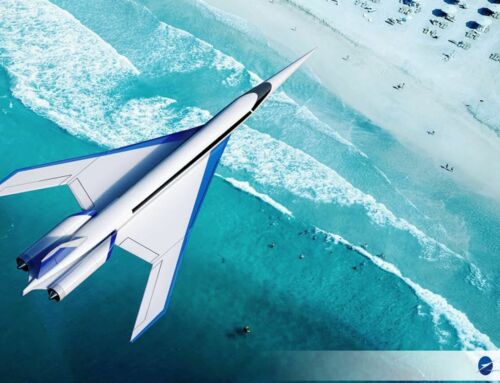
Leave A Comment